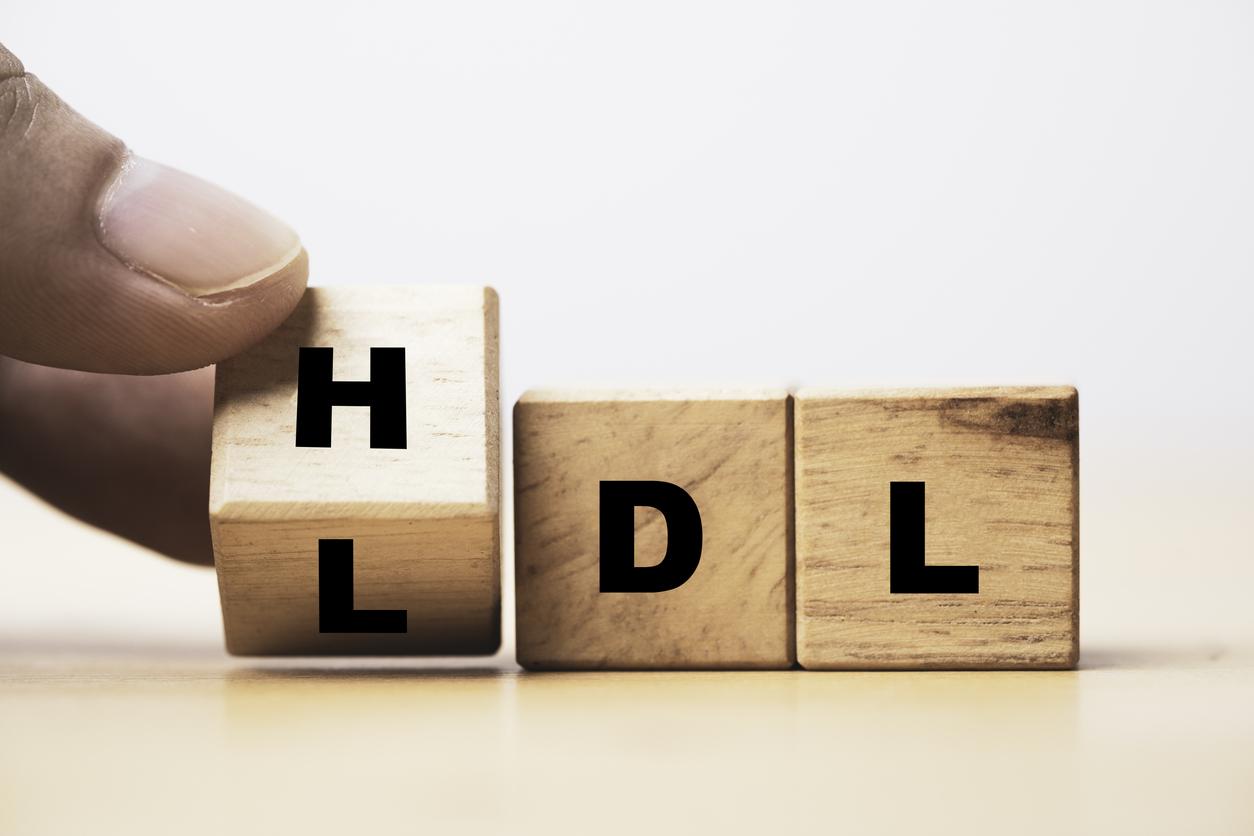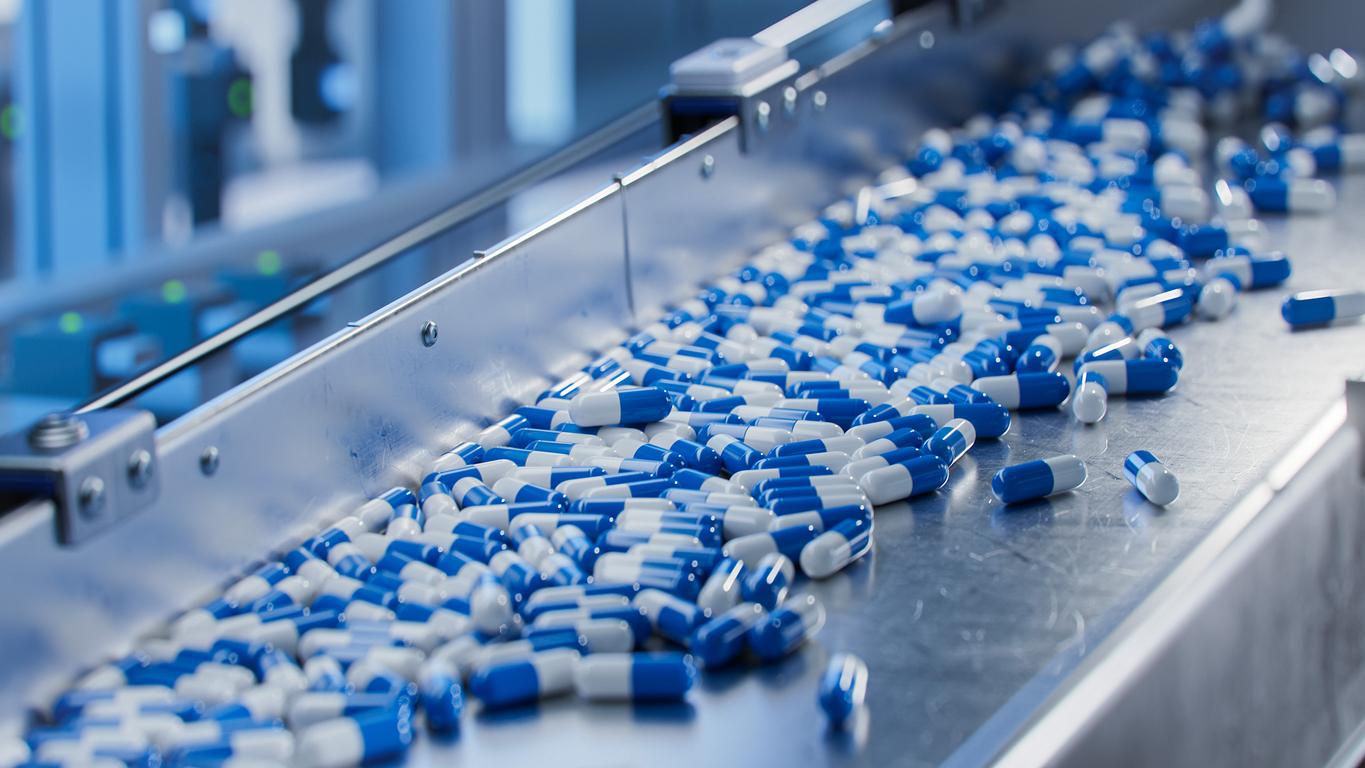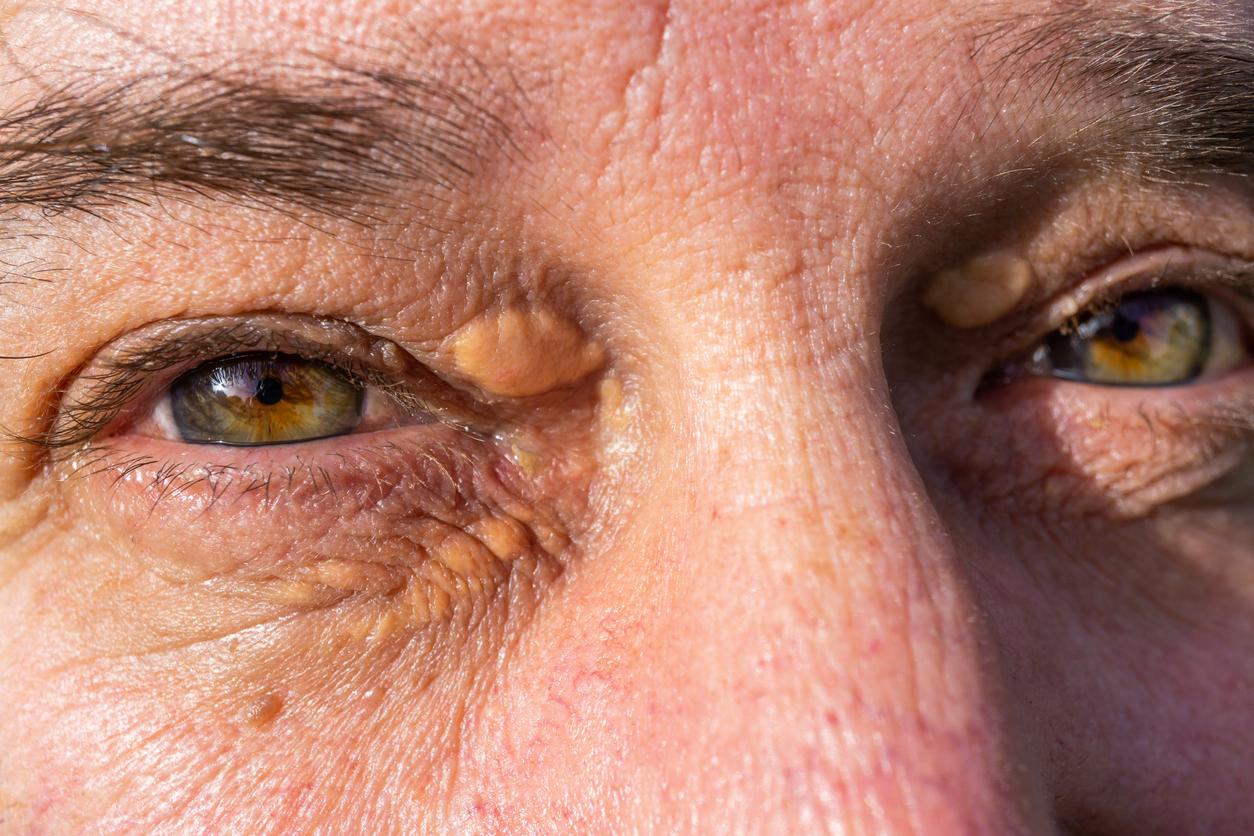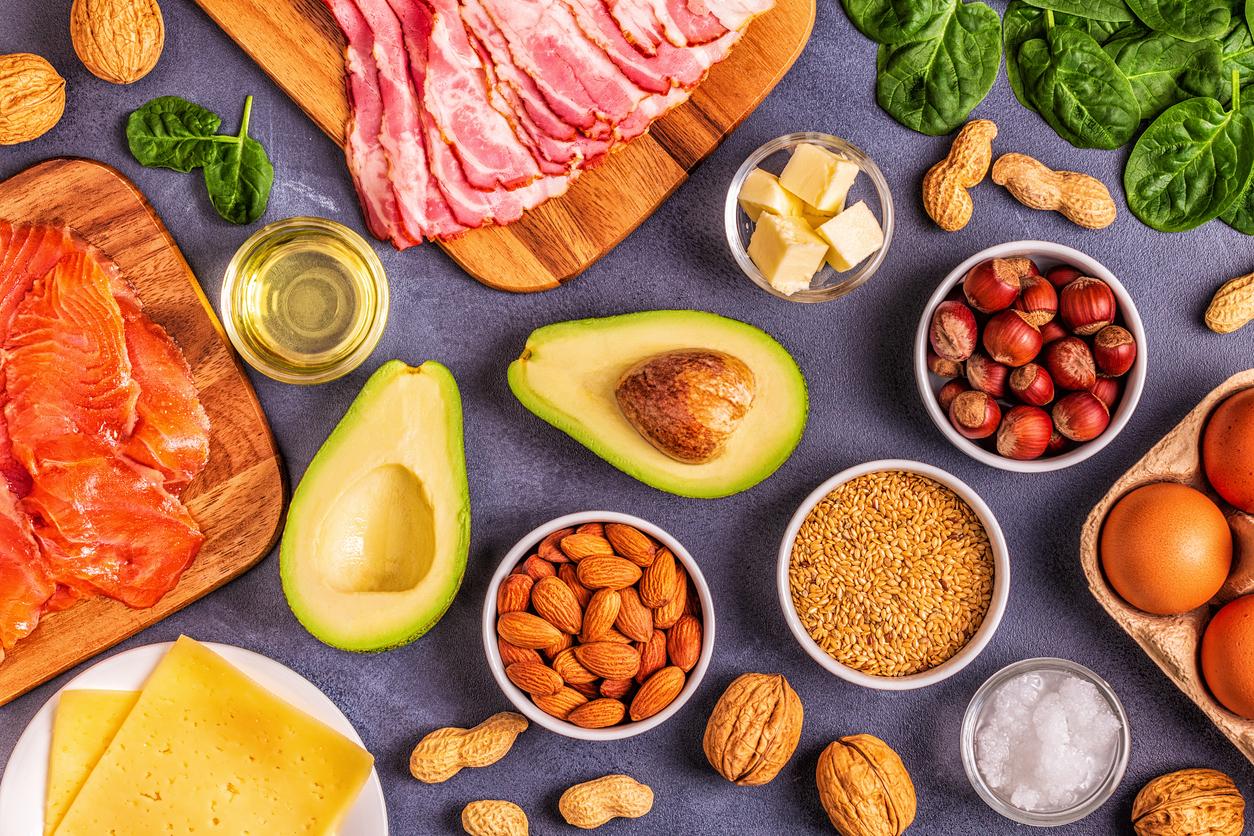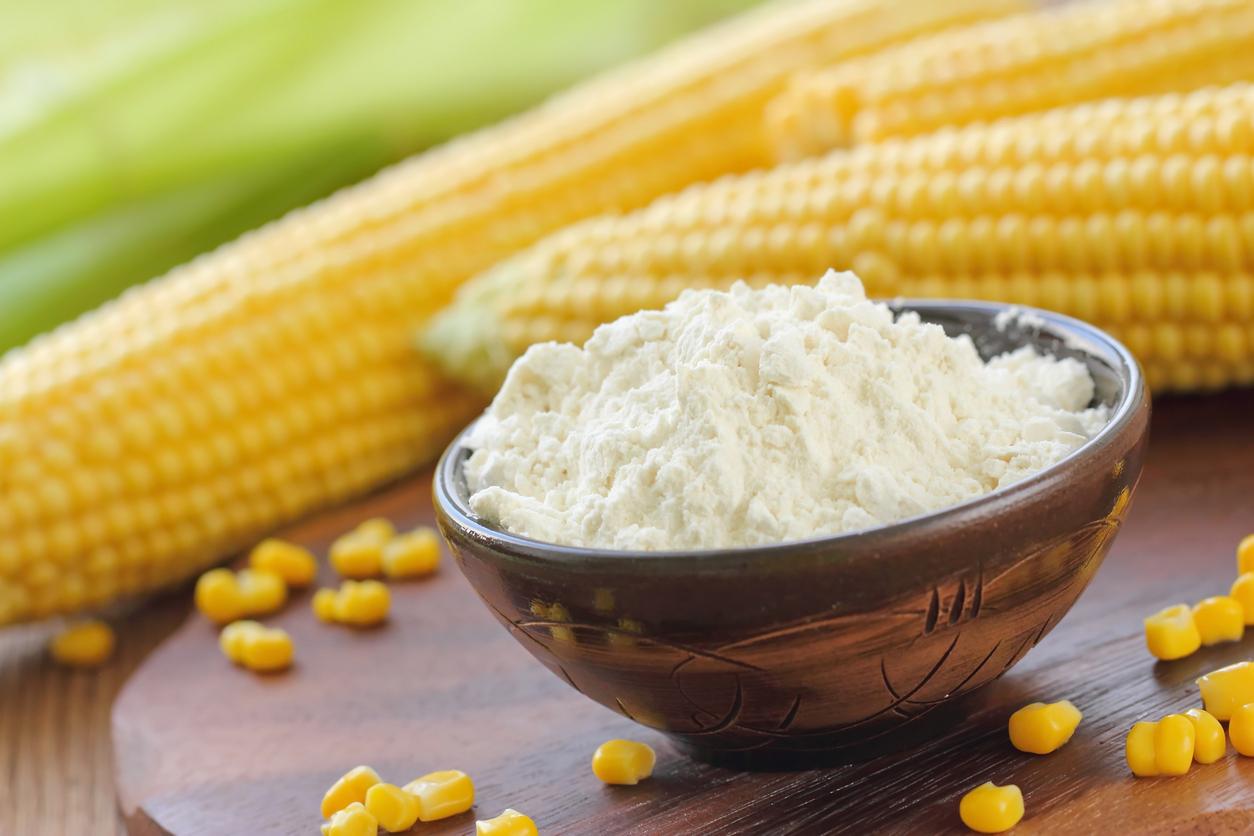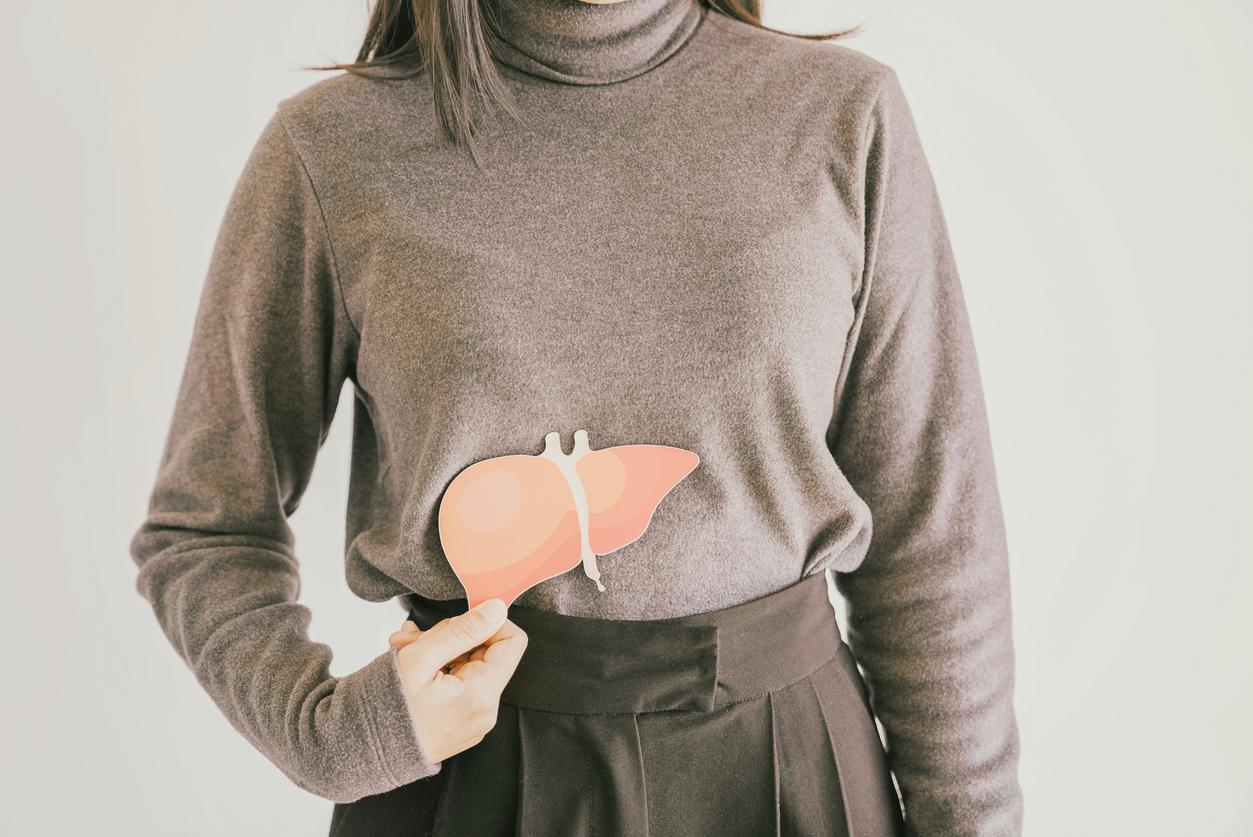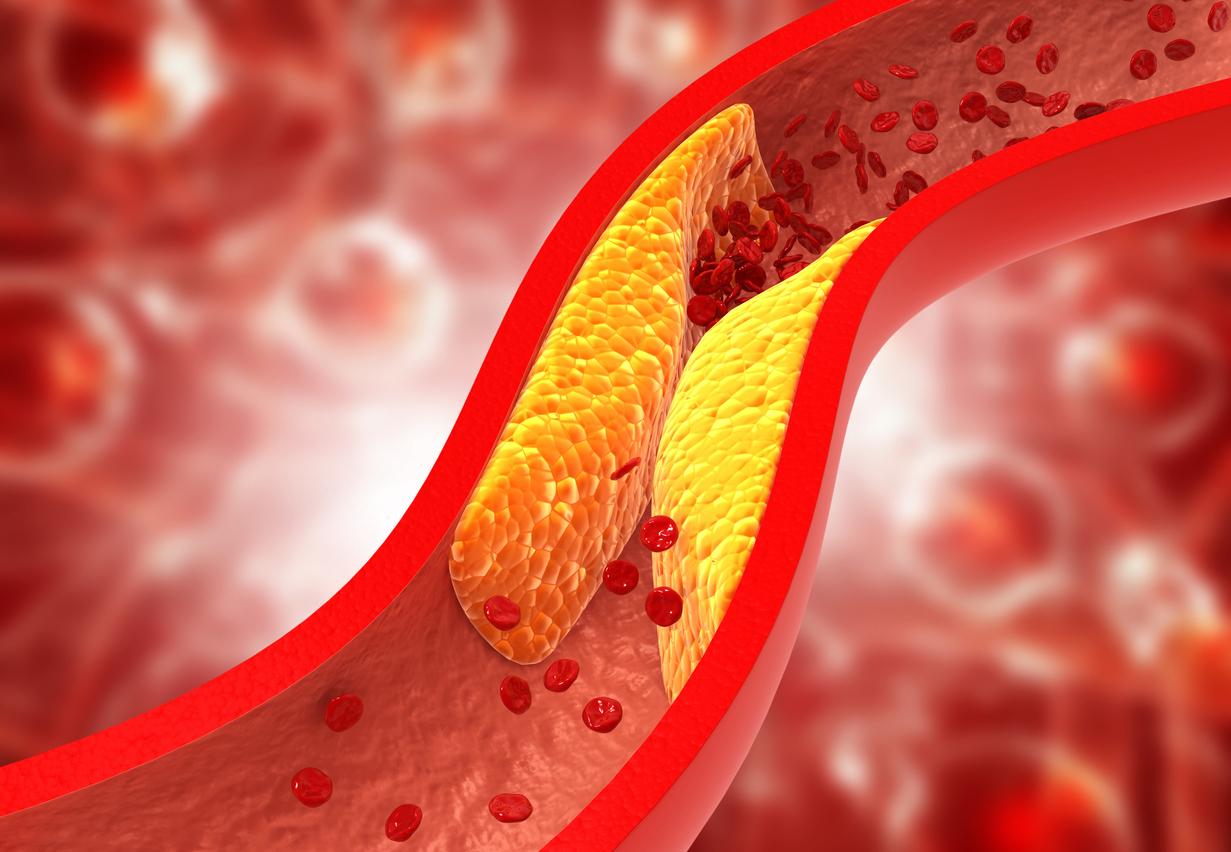UFC-What to Choose reveals that over-the-counter red yeast rice products are unnecessary or dangerous and ignore side effects.
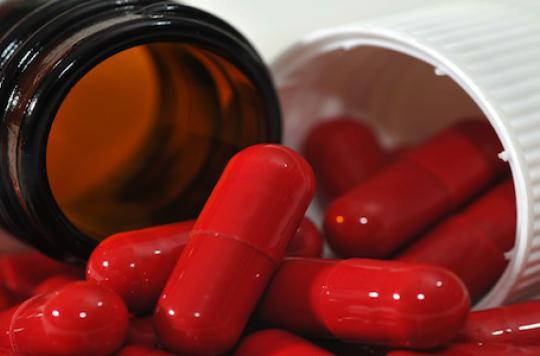
Often in the hot seat, dietary supplements have just been the subject of an in-depth study by the UFC-What to choose. In particular those based on red yeast rice. These “miracle pills” are, according to the association, “at best useless at worst dangerous and, in all cases, silent on the precautions for use and side effects”.
In this survey, the monthly reviewed ten references of red yeast rice sold in pharmacies and drugstores. They contain monacolin K, a substance believed to reduce the production of cholesterol in the body like statins do.
On this point, the consumers’ association recalls that the European Food Safety Authority authorizes manufacturers to communicate on the drop in cholesterol only above a rate of 10 milligrams in daily dose. On average, the study notes, these products contain a third of the minimum dose, some being limited to 1.6 mg / day. The effect on cholesterol is bogus for 80% of these capsules, summarizes the study.
Another finding, beyond 10mg / d, the product should enter the world of drugs requiring a prescription. This threshold should therefore not be exceeded to remain over-the-counter. This is not the case for two of the ten products evaluated in the What to Choose survey. “More worrying, note the authors, we detected in two other supplements, the presence of toxins potentially dangerous for the kidneys”.
Finally, these supplements present contraindications, for example, for pregnant women, possible interactions with other anticholesterols and undesirable effects for the muscles. However, none of these products indicates this correctly.
For the UFC-Que Choisir, the classification in France of food supplements is inadequate and, many of them, should be subject to the same requirement as that claimed for drugs. The organization has just approached the High Authority for Health and the Medicines Agency in this regard.
While awaiting its verdict, it suggests that products with a monacolin K level below 10 mg / d remove any reference to lowering cholesterol and withdraw from the market those that exceed 10 mg / d.
.







